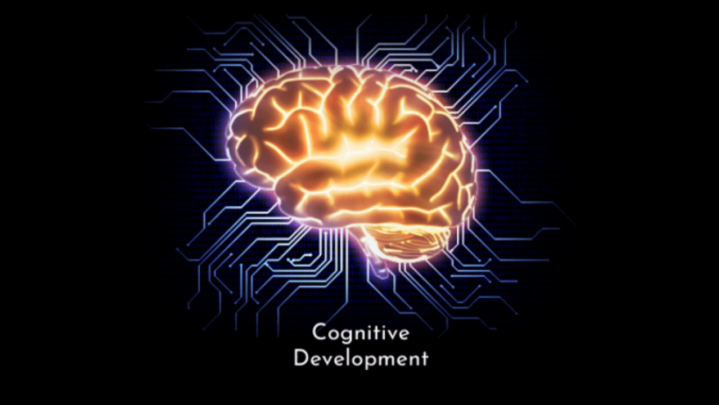The nature vs. nurture debate is about how much a person inherits against how much they are influenced by their surroundings. What role does nature have in cognitive development? Arthur Jensen, an American psychologist, stressed the role of genetics in intelligence, claiming a hereditary difference between white and black people’s IQ. Jensen made some bold claims, claiming that Black people have inferior cognitive ability to white people. His study was widely panned for being prejudiced. He failed to account for psychometric testing’s inherent bias. Black people’s poorer test results were more likely to be due to a lack of resources and poor-quality living opportunities.
Brant et al. discovered that those with a higher intelligence quotient (IQ) appeared to be more influenced by nurture and stimulation in a large cross-sample of 11,000 adolescent twins. This could be due to their increased attention and arousal system, which allows them to absorb more information from the environment, be more open to new experiences, and allow for brain plasticity and alterations. They also discovered that teenagers with lower IQs had higher genetic effects from their parents on their IQ. Their lower levels of intelligence, according to the experts, may result in a lack of drive and an incapacity to seek out new experiences. Specific skill achievements that occur across time are referred to as developmental milestones. These benchmarks indicate skill development while also taking into consideration genetics and environmental factors.
Also Read: In Psychology What Does Cognitive Development Mean





